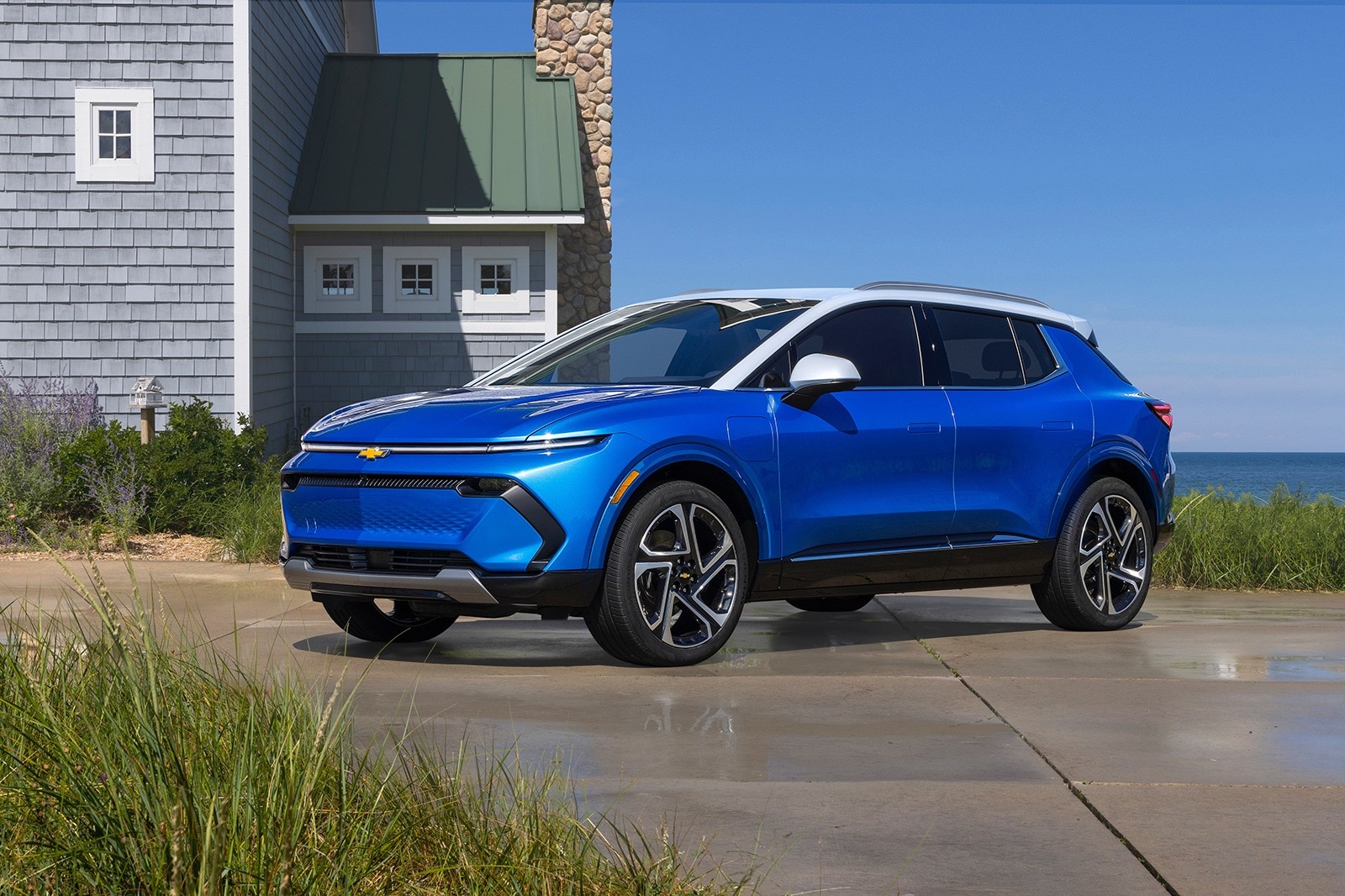Electric cars are the newest technology when it comes to automobiles. But as with any new tech, prices for early adopters tend to be high and, once production costs stabilize, prices will eventually fall to a level that more people can afford. This leaves potential EV buyers with the question "When will electric cars become affordable?" The answer depends on your definition of "affordable" since this metric will differ based on your financial situation. But you can also look at it from a battery pricing and retail price perspective in which electric cars are simultaneously still unaffordable to most but also less expensive than they've ever been. It's these factors that make it difficult to pinpoint an exact price point an electric car needs to reach in order to be affordable to everyone.
That said, we're going to dive deep into the current state of electric car pricing, give our own definition of affordable, and make an educated guess as to when we'll see EV prices fall.
